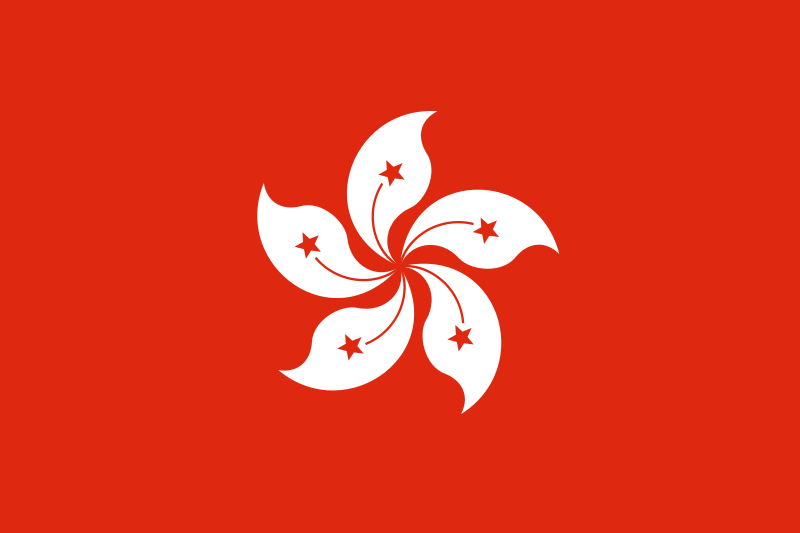
Health Insurance in Hong Kong, Asia
Useful information for expatriates in Afghanistan
Capital City: Hong Kong
Total area: 1,096.63km2
Population: 7,205,000
Money: Currency Converter
Time Zone: List of time zones by country
Calling Code: +852 XXX
Practical Information:
Health Product: Travel Insurance and Health Insurance
Health Insurance information and Sanitary Risk: World Health Map
BLOG: Expat Health insurance Information
Here is a brief description of the healthcare system in the country:
· Hong Kong has a hybrid system with both public and private sectors. The government aims for universal healthcare.
· Public primary care is provided through clinics, outpatient services and subvented hospitals run by Hospital Authority.
· Nearly 90% of the population uses public services for basic/low-cost care via means-tested subsidies.
· Private health insurance plays a small role as supplementary coverage for public co-payments.
· Private healthcare providers offer higher-income residents and foreigners other options for fee-paying services.
· Funding comes from general tax revenue, not health insurance contributions or user fees.
· Healthcare infrastructure is highly developed and on par with OECD nations.
· Life expectancy is 84 years, one of the highest worldwide, due to advanced public health standards.
· The system faces challenges of a rapidly ageing population increasing healthcare demands.
Here are some key health considerations for expatriates living in the country:
· Expats can choose to use the low-cost public system or higher-end private facilities. No residency requirement for public care.
· Familiarize yourself with the public Hospital Authority's clinics and hospital locations for basic needs.
· Consider private health insurance as a supplement if using public services frequently. Co-payments may accumulate.
· Dental care is one area where private is preferable to public - find an English-speaking dentist.
· Mental health services have room for improvement. Expats may prefer an international practitioner.
· Bring any crucial/expensive prescription medications rather than rely on formulary drug options.
· Learn some basic Cantonese medical terms especially for interacting in the community.
· Monitor health alerts regarding infectious outbreak risks from mainland China.
